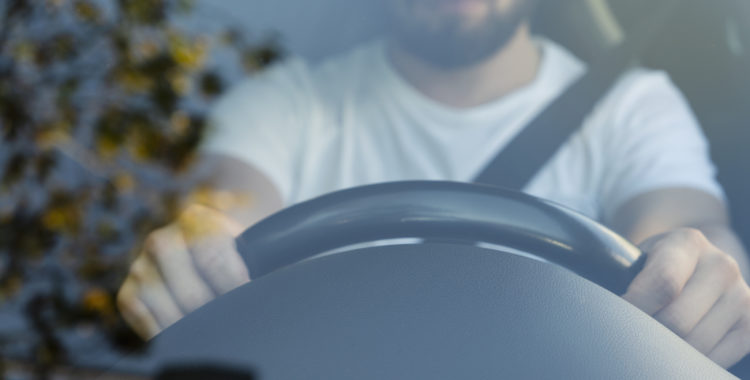DWI
Being charged with violating DWI laws in New Mexico can be a very upsetting experience. Here are some basics on what the charge means and how a DWI attorney can help.
DWI Laws in New Mexico
Every state considers drive while under the influence of alcohol a serious offense. Most states also address driving under the influence of other drugs. The DWI laws in New Mexico are located in NM Statute 66-8-102. If you compare all the DWI laws in the United States, New Mexico falls right in the middle in terms of harshness.
New Mexico outlaws driving under the influence of alcohol as well as driving while “under the influence of any drug to a degree that renders the person incapable of safely driving a vehicle.” Law enforcement around the country struggles with measuring drug-induced impairment, and New Mexico is no different. The law has no clear standard, and each police force and prosecuting attorney may look at the issue differently.
Alcohol standards are clearer and easy to measure. The law sets the legal driving limit at .08 blood alcohol. New Mexico also has a lower level of .04 for commercial drivers. We also have an aggravated rule that imposes higher sentences for a .16 or higher blood alcohol level. You can be charged with the aggravated level if you cause an injury while driving or refuse to submit to a test.
First-time DWI drivers can face up to 90 days in prison and a $500 fine. Judges often impose a “suspended” jail sentence that does not need to be served if the driver goes on probation and completes other requirements. Probation can also be imposed for up to one year, and the driver must be sentenced to at least 24 hours of community service. The driver must participate in screening, education, and rehabilitation programs as well. A first-time offender must spend 48 hours in jail if he or she fails to follow through on these programs, or commits any of the aggravating factors such as blood alcohol levels of .16 or higher.
The punishments worsen for repeat offenders. Second and third convictions can result in a jail term of up to 364 days and a fine of up to $1,000. Four days of actual jail time, 48 hours of community service and a $500 fine is mandatory for second-time offenders. Third-time offenders must have 30 days in prison, 96 hours of community service, and a fine of $750. Second and third-time offenders must also spend 28 days living in a rehab facility and then 90 days in an outpatient program.
On a fourth conviction, the DWI becomes a felony with a prison sentence of up to 18 months (six months is required). For a fifth conviction, it is up to two years in prison with one year required. After eight convictions, each one comes with a mandatory ten-year prison sentence.
Motor Vehicle Division penalties
If you have been stopped for a DWI, then you will face both a criminal proceeding and an administrative proceeding related to your license. The police officer is supposed to take your license on the spot if you are stopped while driving above the legal limit. The state’s Motor Vehicle Division will then revoke it for up to one year. For drivers over 21, the license will be revoked for six months on the first offense and one year for each offense after that. Any driver under 21 years old with .02 or higher blood alcohol levels will lose their license for one year. Commercial drivers lose their license for one year on the first offense and permanently on the second offense.
What are the steps to resolving a DWI charge in New Mexico?
A DWI case will typically be set for the first appearance before a judge within a matter of days. If you are in jail, then you are likely wondering what happens after you get arrested for drunk driving in New Mexico. This first appearance hearing is where the court will examine issues like bail and conditions of release. The second step is an arraignment where you will formally enter your plea of guilty or not guilty. This, however, can be waived if you have an attorney.
After the arraignment and first appearance, there will be a period called discovery where the prosecutor must share certain information related to the case with you or your attorney. A judge will often hold a pre-trial conference to discuss the case with the lawyers for each side. Plea negotiations are likely to occur as well.
If the case is not dismissed or settled, then it will go to trial. Each side will use witnesses to tell their story about what happened, and then a judge or jury will decide if you are guilty or innocent. If you are found guilty (or if you plead guilty), then the judge you will sentence you.
Get the best attorney on your side
You need the best attorney to represent you in court. Shaharazad McDowell Booth’s experience handling DWI cases as well as her experience as a prosecutor qualify her to argue on your behalf. Request a consultation today.





 Shaharazad McDowell Booth is a criminal, family, and personal injury law attorney who specializes in DWI cases.
Shaharazad McDowell Booth is a criminal, family, and personal injury law attorney who specializes in DWI cases. 

